# | A | B | C | D | E | F | G | H | I | J | K | L | M | N | O | P | Q | R | S | T | U | V | W | X | Y | Z | All
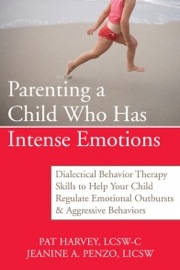
This well-researched method for managing emotions can help your child make dramatic emo...
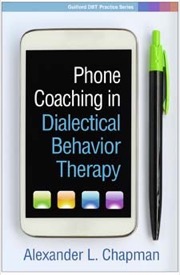
The first comprehensive guide to phone coaching in DBT - an integral part of treatment ...
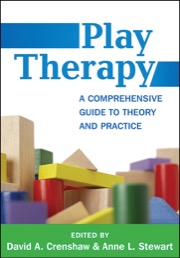
This authoritative work brings together leading play therapists to describe state-of-th...
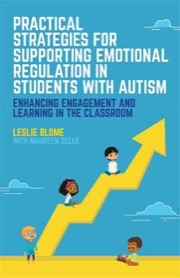
Cognitive & language strategies for emotional regulation in inclusive classrooms

Story book with therapeutic activity book - create imaginary safe spaces to help kids t...
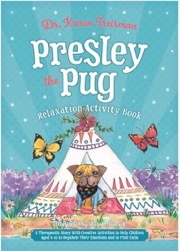
Therapeutic activities designed to help start conversations about coping with big feeli...
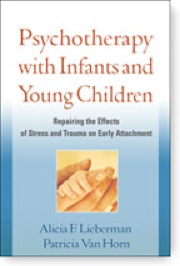
This eloquent book presents an empirically supported treatment that engages parents as ...